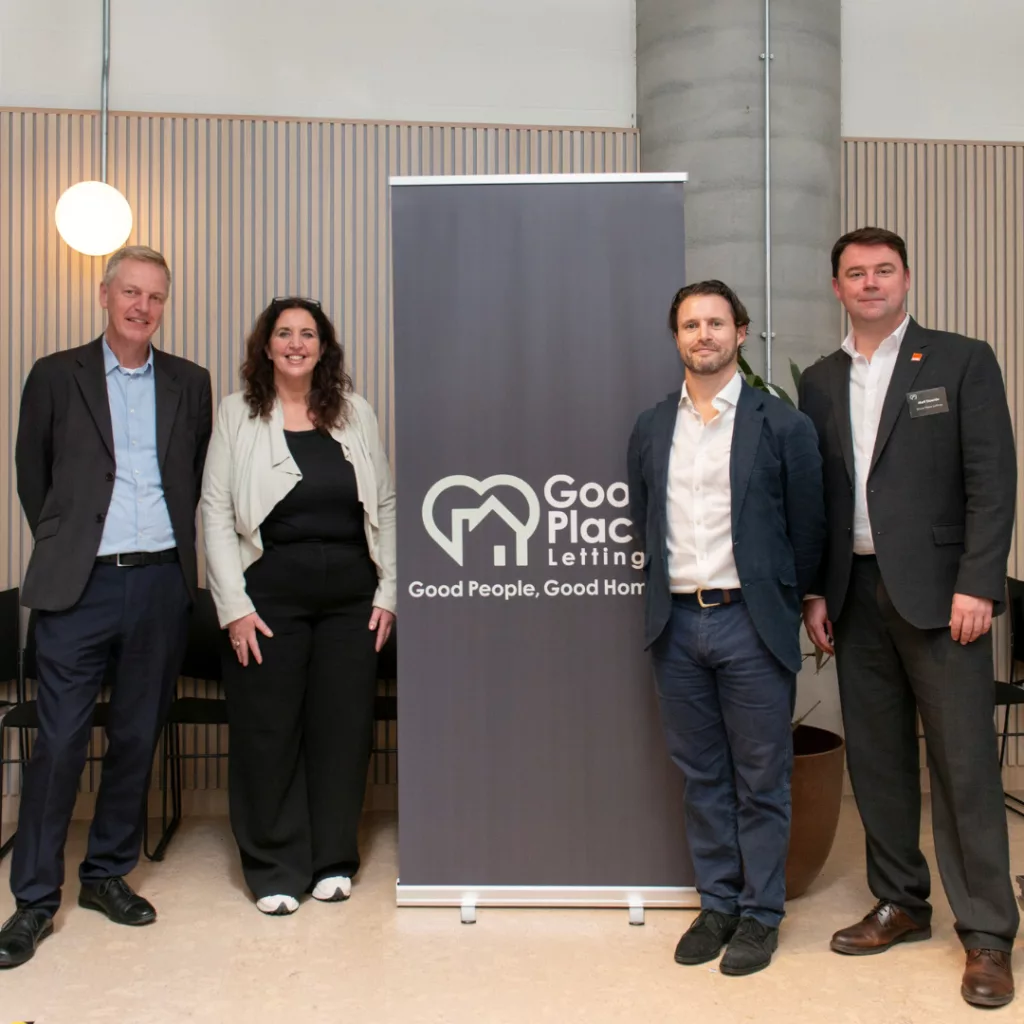The findings of a study published today by global housing charity World Habitat assert that Central and Eastern European (CEE) countries can solve their homelessness crises, despite significant challenges. The new report focuses on how four neighbouring countries, Croatia, Hungary, Romania and Slovakia, could become regional beacons by accelerating the move to housing-led and housing-first approaches, which have helped to radically decrease levels of homelessness in Finland and have been highlighted by the Prince of Wales’s recent Homewards campaign in the UK. Housing-led approaches are more effective at solving homelessness than traditional responses to homelessness because they prioritise providing adequate and secure homes first, and only offer further social support afterwards.
The research, conducted by the Metropolitan Research Institute and Budapest Institute for Policy Analysis on behalf of World Habitat, found that all four countries suffer from a dire shortage of social housing, caused by housing privatisation programmes started in the late 1980s. Today, most housing stock is owned outright by individuals and between 10 and 16% lies empty and dilapidated across the four countries. Affordability is also a problem, as the study found that private tenants spend on average half of their income on rent and many live in substandard conditions with a constant worry of becoming homeless.
In Romania, emergency homelessness service provider Carusel has seen a change in the types of people who are becoming homeless. Director Dr Marian Ursan commented: “We are helping growing numbers of young adults leaving institutions with no place to go and vulnerable families evicted from private rented homes, including people fleeing the war in Ukraine.”
There is a widespread lack of state investment in preventing homelessness and responses are based on expensive emergency or temporary shelters and services, which are ineffective at reducing the numbers of people without a home. Across all four countries, but especially in Hungary where rough sleeping was made a crime in 2010, negative stereotypes about people experiencing homelessness have become embedded in the public discourse. Experiencing homelessness in this kind of climate can be hugely traumatic and isolating. Marta and her family were homeless and living in a hut in the woods when they witnessed a building next door being burned down at night with people in it. She said: “I was so terrified, I cried. I didn’t dare fall asleep; I was afraid someone would set fire to the house.”
Marta now lives in an apartment in Budapest, supplied through a small housing-led programme run by the Hungarian Non-Governmental Organisation (NGO) From Streets to Homes. The NGO’s director Vera Kovacs explains: “We know that our housing-led approach works, but there is so much discrimination against people experiencing homelessness it makes it much harder for us to raise essential funds and get the political support we need to scale up.”
For the past decade, World Habitat has been sharing evidence and knowledge from across Europe where housing-led solutions have been adapted to local contexts and have dramatically reduced homelessness. For this study, representatives from local government, research organisations and World Habitat’s regional partners, shared their insights about the battle against homelessness and the encouraging results from small housing-led programmes. These have been supported through private donations and finance, European funding and in a growing number of cases, local governments and influential decision-makers who are ambitious to reap the tangible benefits that housing-led approaches offer.
Pavol Sabela, Director of STOPA, a Slovakian Homelessness NGO, said: “We have experimented with and applied the learnings from international collaboration. We consulted many approaches from across the spectrum and received theoretical and financial support to turn them into reality. Today we are proud of several housing-led projects that have taken root and are having a noticeable effect.”
Helena Babic, Manager of the Red Cross Shelter Pula and President of the new Croatian NGO What About Me has been encouraged by the decision of the Ministry of Labour, Pension System, Family and Social Policy to back housing-led approaches. She commented: “We are happy and excited to lead Croatia’s first ‘Housing First’ program. We believe it will trigger a revolution in how homelessness is tackled in the Balkans.”
David Ireland, Chief Executive of World Habitat commented: “We know from our work across the world that housing-led approaches can solve homelessness. The programmes piloted by our sStudy partners show that they can also work in Central and Eastern Europe, despite the structural barriers identified in our report. We urge stakeholders to address these challenges and take the recommended steps to fully support housing-led approaches in the region, so that access to a safe, affordable, and decent home is afforded to everyone.”




